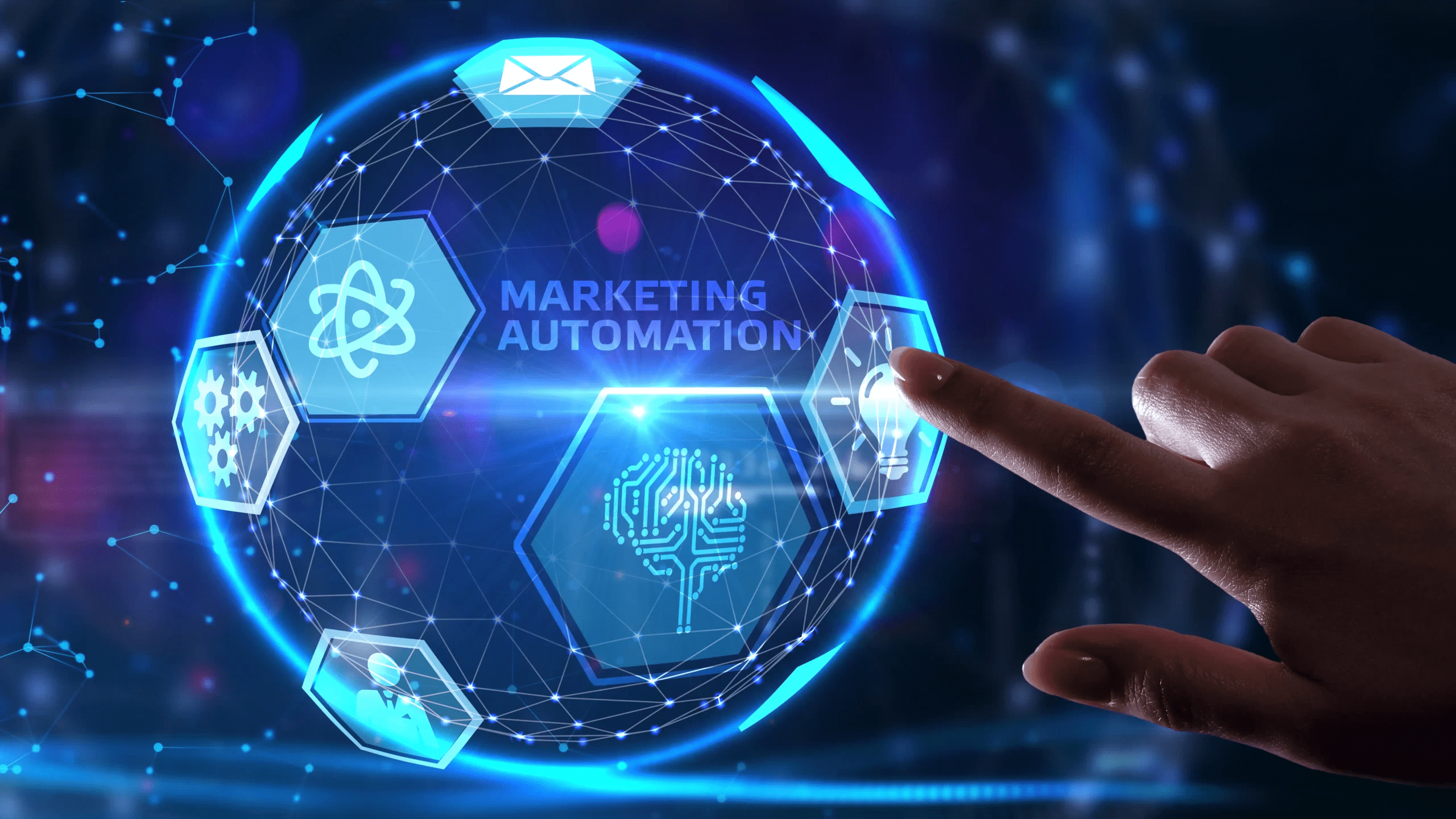what is marketing automation? lookinglion.o

Introduction:
In today’s fast-paced and highly competitive business landscape, marketers are constantly seeking innovative ways to streamline their processes, increase productivity, and deliver personalized experiences to their customers. One solution that has revolutionized the marketing industry is marketing automation. In this article, we will delve into the concept of marketing automation, its benefits, and how it can transform the way businesses engage with their target audience.
Understanding Marketing Automation:
Marketing automation refers to the use of software and technology to automate repetitive marketing tasks, manage multifaceted campaigns, and nurture customer relationships at scale. It enables businesses to streamline their marketing efforts, optimize resource allocation, and deliver relevant and timely messages to the right audience.
Key Features and Functionalities of Marketing Automation:
a. Email marketing automation: Automating email campaigns, including personalized messaging, drip campaigns, and triggered responses based on user behavior.
b. Lead management and nurturing: Tracking and managing leads throughout the customer journey, automating lead scoring, segmentation, and personalized nurturing.
c. Customer segmentation and targeting: Analyzing customer data to segment audiences based on demographics, behavior, and preferences for targeted marketing campaigns.
d. Campaign tracking and analytics: Monitoring and measuring the performance of marketing campaigns, tracking key metrics, and generating insights for data-driven decision-making.
e. Social media management: Scheduling and automating social media posts, monitoring conversations, and engaging with the audience across various platforms.
f. Landing page and form automation: Creating and optimizing landing pages and forms to capture leads and drive conversions, automating follow-up actions based on user interactions.
Benefits of Marketing Automation:
a. Time and resource savings: By automating repetitive tasks, marketers can allocate their time and resources more efficiently, focusing on strategic activities and creativity.
b. Enhanced customer experience: Marketing automation allows businesses to deliver personalized, targeted messages to customers, resulting in improved engagement and satisfaction.
c. Improved lead management and nurturing: Automation enables marketers to track and nurture leads throughout the buying process, resulting in higher conversion rates and increased revenue.
d. Scalability and consistency: With marketing automation, businesses can consistently deliver relevant messages and campaigns to a growing customer base without sacrificing quality or efficiency.
e. Data-driven decision-making: Automation provides valuable insights and analytics, allowing marketers to make data-driven decisions, optimize campaigns, and refine their strategies for better results.
f. Sales and marketing alignment: Marketing automation facilitates better collaboration between marketing and sales teams, ensuring smoother lead handoffs, increased efficiency, and improved revenue generation.
Implementing Marketing Automation Successfully:
a. Define clear goals and objectives: Identify the specific marketing challenges you aim to address and set measurable goals before implementing automation.
b. Choose the right automation platform: Select a robust marketing automation platform that aligns with your business needs and offers the features required to achieve your goals.
c. Data quality and integration: Ensure that your data is accurate, complete, and properly integrated across systems to maximize the effectiveness of your automation efforts.
d. Personalization and segmentation: Leverage customer data to segment your audience and create tailored messaging that resonates with different segments.
e. Test, analyze, and optimize: Continuously monitor the performance of your automated campaigns, experiment with different strategies, and optimize based on data insights.
Conclusion:
Marketing automation empowers businesses to streamline their marketing efforts, improve efficiency, and deliver personalized experiences to their customers. By automating repetitive tasks, nurturing leads, and leveraging data insights, businesses can drive growth, improve customer satisfaction, and achieve a competitive edge in today’s dynamic marketplace. Embracing marketing automation is not just a trend but a necessity for organizations looking to thrive in the digital age.
welcome to my site, I am Faisal I have 3 years of experience in guest posting. retund is a guest posting website!



